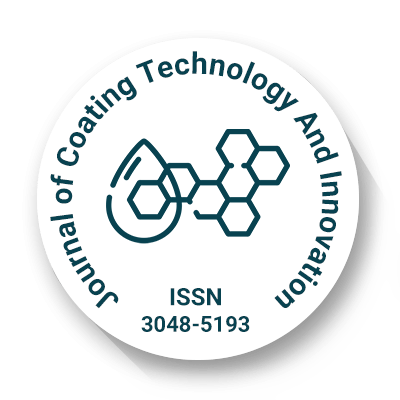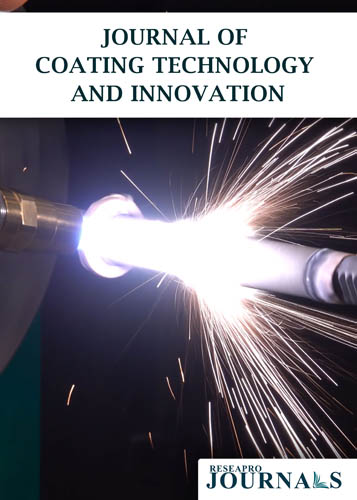
Journal of Coating Technology and Innovation
OPEN ACCESS

OPEN ACCESS

Department of Mechanical and Materials Engineering, Florida International University, Miami, USA
Additive manufacturing (AM) has revolutionized the production of complex geometries across various industries. However, inherent surface imperfections, such as roughness and porosity, often compromise the mechanical integrity and functional performance of AM components. This study employs finite element analysis (FEA) to simulate the application of three distinct coating materials nickel-based metallic, alumina-based ceramic, and epoxy-based polymeric on AM substrates. The simulations assess the impact of these coatings on surface stress distribution, thermal behavior, and wear resistance under operational conditions. Results indicate that metallic coatings significantly reduce stress concentrations, ceramic coatings enhance thermal stability, and polymeric coatings improve wear resistance while offering surface smoothness. A case study on a Ti6Al4V biomedical implant demonstrates the practical implications of the simulated coatings, highlighting the potential for tailored surface enhancements in AM components. This simulation-based approach provides a cost-effective and effecient methodology for optimizing post-processing treatments, guiding the selection of appropriate coatings to enhance the performance and longevity of additively manufactured parts.
Department of Mechanical and Materials Engineering, Florida International University, Miami, USA